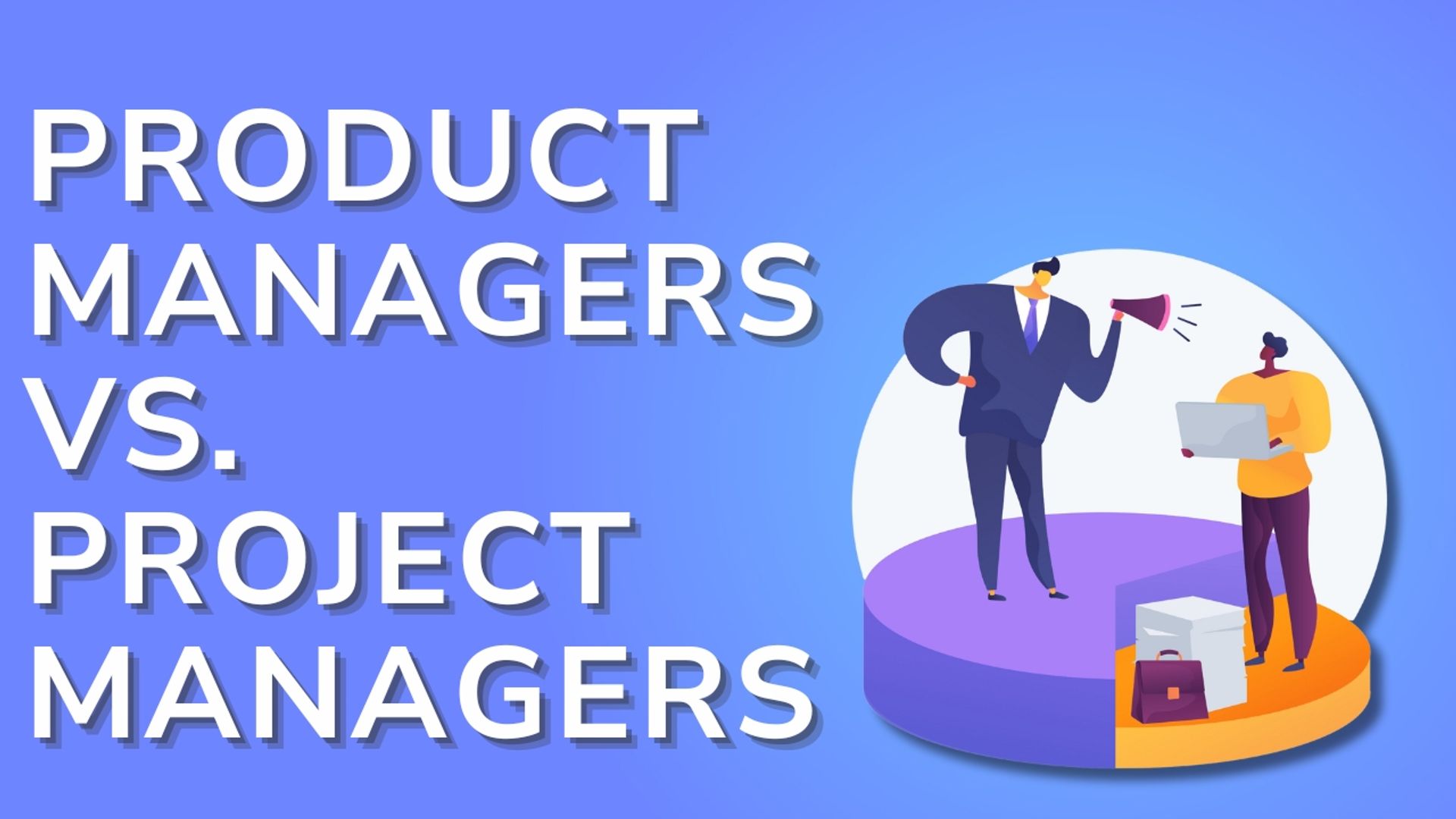While project managers oversee the completion of projects, product managers are responsible for a product's success from the start of its lifetime to the finish. Product managers and project managers may have different roles, but they often team up to achieve common goals. While a project manager takes charge of multiple initiatives to make them a reality, a product manager sets the vision, objectives, and business trajectory for a product. Together, they bring the magic to life. The project manager is the doer, while the product manager is the visionary.
It might be helpful to distinguish between initiatives and products. Any service or product a business develops to meet a client's needs is called a product. Products can be digital or physical, such as an app or a website video feature. Examples of the former are apparel and furniture. On the contrary, a project encompasses a set of completed tasks aimed at achieving a desired outcome. A project's objective might be to develop or sustain a product, such as building a home or releasing new software.
What does a product manager do?
A product is under the direction of a product manager from the start of its lifespan to the finish. This implies that they establish a product's vision, oversee any modifications, and guarantee that the product meets client wants up to the point at which it is retired. Product management typically lacks a defined start and finish, unlike project management.
Product managers can handle high-level tasks like team management in larger businesses. A product manager may do more practical tasks in smaller businesses, such as project management or market research.
Given the relatively new and ever-evolving nature of the product manager role, the specific tasks can vary significantly across companies and teams. Embrace the exciting journey of exploring the diverse responsibilities that come with this dynamic position! But among the duties of a product manager are frequently the following:
- Outlines the essential parameters for a successful product.
- Identifies and conveys customer needs to the product team.
- Collaborates with engineering, design, and marketing teams from different functions to create and execute product strategy.
- Look out for methods to expand or enhance a product using market research and other studies.
- Observe how well the product is doing.
- Evaluate and track new features of products.
- Keeps an eye on rivals.
What is the role of a project manager?
A project is managed by a project manager from beginning to end. Projects consist of tasks that are organized to accomplish a specific objective. Large projects like building a new building or minor ones like introducing a new tool to the team can be considered projects. A project manager is a person who organises these tasks by assembling teams, setting deadlines, overseeing finances, and keeping stakeholders informed throughout each project. A project typically encompasses a well-defined start and finish.
- Project managers are often in charge of the following particular duties:
- Establish essential benchmarks such as the project's timetable, budget, and scope.
- Work together and communicate with stakeholders and leadership often.
- Establish and manage procedures for project modifications.
- Utilise project management tools to monitor assignments and deadlines.
- Promote optimal team performance by fostering effective collaboration, maintaining motivation, and ensuring timely delivery of results.
What is the collaborative process between project and product managers?
Collaboration between project managers and product managers is inevitable. How may this seem in real life? Let's examine an illustration. Consider an internet furniture retailer. Their goal is to launch an app that lets users browse merchandise on their mobile devices. The app's development may be overseen by a product manager employed by the organisation. The product manager will organise a group of product developers, determine what features the app should have, set its objectives, and watch for fresh difficulties as they appear.
The business may then hire a project manager to help realise these objectives. Let's assume the product manager wants to make family discussion a major app component and finds that users like to discuss purchases with their families. A project manager is responsible for overseeing the launch of a new app feature that allows users to share their favorite furnishings through messaging services. The project manager forms a dedicated team for this feature, who will create a production plan and ensure that the team stays on track with budget and schedule. They regularly communicate with the product manager to receive updates on the progress.
Project managers and product managers' career pathways
There are many similarities between being a project manager and a product manager. In fact, project managers can transition into product management roles. Although some individuals may pursue careers as product managers right out of college, it's typical to gain experience and expertise first. Product managers may have marketing or business operations expertise as they must understand consumer and company demands. Vice presidents of products or senior product managers are possible career paths for product managers.
Conversely, industrial employment is generally where project managers begin their careers. For instance, a project manager for software development may work as a software engineer for a few years. Additionally, they may begin as a project coordinator or assistant project manager. Project managers may advance to project management directors, senior project managers, or product managers. But remember that there is a lot of flexibility in these two sectors. Being a project manager or product manager is not a one-size-fits-all profession.
Skills
Workplace skills, also referred to as soft skills or human skills, are vital for both project and product managers. Additionally, some specific technical expertise will be required.
Skills of a product manager:
- Analysis of data
- Market analysis
- Cost estimation
- Basic understanding of user experience (UX)
- Basic understanding of business
Skills of a project manager:
- Knowledge of project management techniques, including Scrum, Agile, and Waterfall
- Risk assessment
- Tools for managing projects, such as Gantt charts and Asana
- Simple budgeting
Certifications
Generally, one does not need a certification to work as a product or project manager. On the other hand, you could have an advantage when applying for jobs, and certain companies might even demand them. Certifications in project management are more prevalent than those in product management.
Typical certifications for project managers consist of the following:
- Professional in Project Management (PMP)
- Project Management Accredited Associate (CAPM)
- Scrum Master Certification (CSM)
- Scrum Master Professional (PSM I)
There are many certificates available for product managers. These consist of:
- Product Manager Certification from Product School
- Managing Products with Pragmatic Institute Certification
- The AIPMM Certified Product Management Qualification
Conclusion
Project and product managers have distinct responsibilities, as stated in the textbook descriptions of their jobs. However, as we've just seen, the two positions in actual organisations eventually overlap. The degree of their overlap varies greatly depending on the particular organisation. Professionals in these two positions ultimately aim for the same crucial goal: a well-received product.


